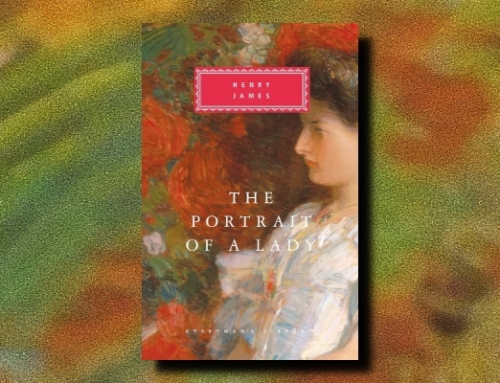Chilco
by Daniela Catrileo (2023)
translated from the Spanish by Jacob Edelstein (2025)
Charco Press (2025)
212 pp
 Chilco, the first novel by Chilean poet and activist Daniela Catrileo, marks a vital milestone: it is the first book translated into English by a member of the Colectivo Mapuche Rangiñtulewfü. That distinction matters, not just symbolically but artistically, because Chilco is a novel rooted in Indigenous resistance and ecological grief, and the personal cost of navigating both.
Chilco, the first novel by Chilean poet and activist Daniela Catrileo, marks a vital milestone: it is the first book translated into English by a member of the Colectivo Mapuche Rangiñtulewfü. That distinction matters, not just symbolically but artistically, because Chilco is a novel rooted in Indigenous resistance and ecological grief, and the personal cost of navigating both.
As is often the case with a Charco Press book, I was drawn in from the very first page. The writing is visceral and sensory, full of dread and decay:
In this house moisture overwhelms everything. I feel like its scent is devouring me.
Every room is filled with a dense smell, a smell like confinement. I light incense, palo Santo, put orange peels in the corners. I have bowls filled with Agua Florida and patchouli. I spray the sheets and curtains with cheap perfume. I smear lemon verbena, lavender, rosemary oils on my skin. I rub lemon peels on my arms, on my elbows.
And nothing, I get nothing.
Our narrator is Mari, born and raised in Capital City, a crumbling urban landscape hollowed out by speculation and exploitation. Developers have extracted all they can from the city’s poorest residents. Now there are literally sinkholes that might just give them a chance to start over . . . the developers, not the people.
But the novel begins not in Capital City, but in Chilco, the island where Mari has fled with her partner Pascale, who was born there. Chilco is imagined as a place that once escaped the worst of colonization, a site of memory and cultural endurance. But for Mari, it is hostile. Even before they get there, she doesn’t want to go. The island seems to reject her in subtle and surreal ways, especially through that smell that only she seems able to detect.
I was completely drawn in by hallucinatory tone of the opening. And just as I was beginning to settle into this strange atmosphere, Catrileo pulls us back in time, returning to Mari’s life in Capital City, before she ever met Pascale. What we get there is not pleasant but it does ground the novel’s lyricism in the brutal machinery of class, displacement, and extractive capitalism.
Mari is throughout a compelling narrator, searching but never quite at home in the worlds she inhabits. Her story is a heartbreaking (but important) exploration of the dislocations of modern life: colonial violence, environmental collapse, and the yearning for a refuge that may no longer exist.
Interspersed throughout the novel are fragments, brief sections that explore Indigenous language, cultural memory, and the past of Chilco itself. They add a lovely texture and bring a sense of realism to the often impressionistic tone.
All in all, Chilco is a bold, disorienting, and unforgettable debut.









Leave a Reply